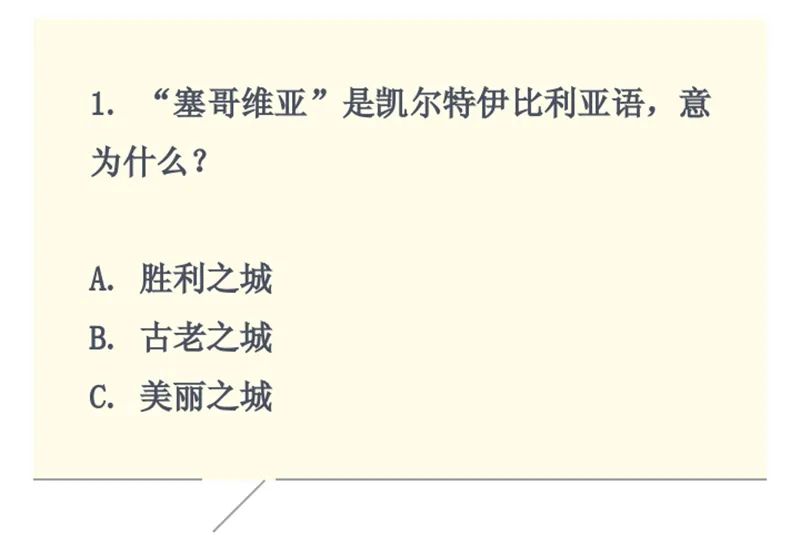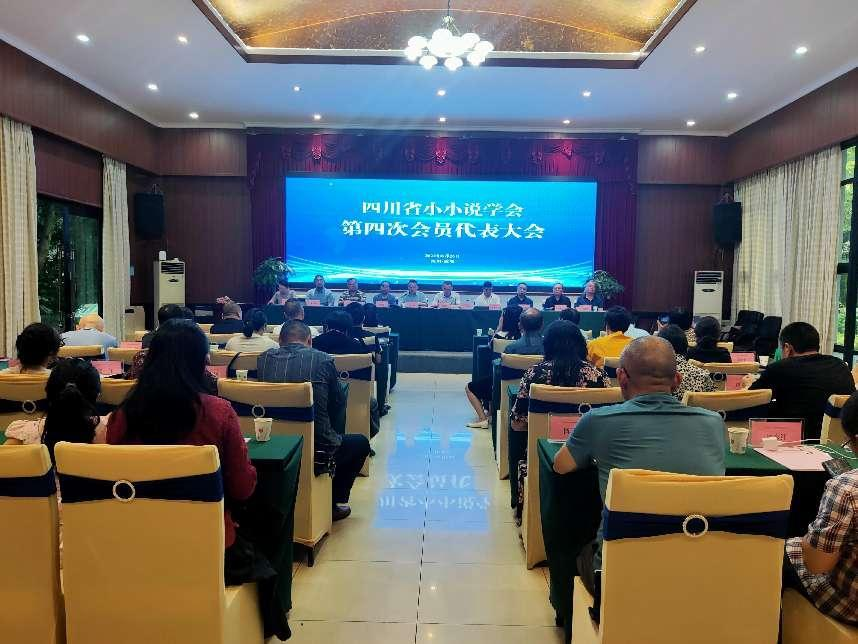Five identities of ancient writers
Author:China Social Sciences Network Time:2022.06.24
In ancient China, there were no writers associations and no professional writers, but they always had their own means of making a living -in the present words, they were an "amateur" author.
Since the establishment of the Han Dynasty, before modern times, the main identity of ancient Chinese writers has the following five types.
First, court literati, or 俳 俳 其.
At the time of the Qingming and Ming Dynasty, the emperor, which is high, and the most practical talents that the princes needed by the princes, are all kinds of cultural talents, including various cultural talents. The so -called "literary and historical calendar, almost between Zhu Zhu, teased by the master, advocating the excellence, the vulgarity is also light" (Sima Qian's "Reporting Ren An Shu"), the literati is also within it. The Han Dynasty attached great importance to the rectification. The great fu of the royal use is nothing more than the "luxury goods" for the emperor and the appreciation of the upper society. Among them, if there is some irony, it is just a "additive" that decreases the facade. "Persuasion and irony", it can be seen that the irony only accounts for only one percent.
In this regard, the emperor naturally has the most human resources. There are also some idlers in the princes and princes in various places. Because of the tradition of Li Xian in the Warring States Period, this fashion is retained, and the mentality of literati can be easier in these princes. For example, Chu Yuan Wang Liu Jiao, Wu Wang Liu Ye, Liang Xiaowang Liu Wu, King Huainan Liu An, and Hejian Wang Liu De all concentrated a group of talents. Among them, some of them were flowing to the central court. He later became the "chief writer" of the Han Dynasty.
"Xijing Miscellaneous" contains: "Liang Xiaowang wandered in the museum of forgetting worries, gathered all the tourists, and each made it the Fu." Therefore, Mei Cheng is "Liu Fu", Lu Qiaoru is "Crane Fu", and Gongsun is strange " "Wen Deer Fu", Zou Yang is "Wine Fu", Gongsun Cheng Cheng is "Moon Fu", Han Anguo could not do "Several Fu", Zou Yang made it. Qiao Ru silk, five people. " Although "Xijing Miscellaneous" is a novelist, its content is probably the best, not fictional, and it can be regarded as historical materials. The book "Four Curse Quanshu" commented: "The wealth is rich, the materials are inexhaustible, Li Shan notes" Selected Essays ", Xu Jian wrote" Beginning ", which has quoted his article. The words, the poets have been in use for hundreds of years.
From the large and small court literature circle in the early Han Dynasty to the "Hongdu Gate School" in the late Eastern Han Dynasty, many of the writers in the Han Dynasty were mostly talented among the talented talents ("Hanshu · Yanzhuan Biography"). Such a character is still endless in the later court.
Second, tourists, or staff writers.
When the general was abroad, the office account was called the shogunate. This term can also be referred to the Agency, which is qualified to be qualified to set up a big official. Naturally, there must be several people who do things, including members of the parts who are mainly engaged in text, as well as writers, all of which are staff members. According to the practice since the Han Dynasty to the Sui and Tang dynasties, the staff can be recruited by the main officer by themselves. The staff members are different from the court officials. Employers can be eclectic here, and they are more free from their origin and qualifications. Therefore, how much can a staff members maintain a little bit of pre -Qinyou, and they have always been talented. The owner and the staff of the staff are the masters, not strict superiors. The active spirit and creativity of the staff are generally better, and they can often produce several better works.
When the Han Dynasty was existing in the Han Dynasty, for example, when Dou Xian was expelled from the Xiongnu, Ban entered the curtain. After winning, he wrote a "Feng Yanran Mountain Ming". It was recited in the ages and was once entered into the "Selected Education". Its stone carvings have been discovered in Mongolia in recent years, causing a lot of sensation, and scholars have written a lot of articles.
In the late Eastern Han Dynasty, the heroes were merged, and the talents in the shogunate were talented. Yuan Shao's staff Chen Lin wrote a group of well -known resignations and articles. The aides in the Bafu, they concentrated from various places to form a group, and made a significant contribution to the prosperity of Jian'an Literature.
Throughout the Wei, Jin and Northern and Southern Dynasties, due to the division of the country (only the Western Jin Dynasty unified the country, but it was very short), many talents were not in the imperial court, such as the shogunate of the Eastern Jin Dynasty, the shogunate of the Eastern Jin Dynasty, and the shogunate of the Wen Wen, which were well -known for their talents. Liu Yiqing rely on his staff to edit the "New Language of the World", which is particularly known as ancient and modern. In the Tang Dynasty, many literati took the curtain as a big way, so that it became a hot spot in literary research. After Zhao and Song, the pattern of political and social operations changed, and the shogunate literature gradually declined. It was not until the end of the Qing Dynasty that it faded again. Zeng Guofan, Zuo Zongtang, and Li Hongzhang's shogunate were all talented, including several literati.
Mr. Lu Xun has divided ancient literature into two categories: help and leisure.是 全 乎 乎 is almost all gangs, of course, the staff and writers are also helpful, and more are help.
Third, mainstream literati, or bureaucratic writer.
In the ancient Chinese political system, the biggest way out of outstanding talents is to be officials. Ancient writers often have official titles, nothing more than different levels. Of course, the imperial court of the court must be responsible and loyal to the emperor; because the Chinese scholars have a deep tradition of civilianism ("Min Weibang, Ben Gubang Ning"), they are also responsible for the people. The so -called "affectionate official" in the local office is especially true. The Qingliu is always worried about the country and the people, cares about the people's suffering, and "make a fate for the people" and "ask for the people", not just being an official to be a master.
Bai Juyi said that he wrote a poem as "only the song is born with the people, and is willing to get heaven to know" ("Send Tang Sheng"). Fan Zhongyan said that the Zhishi Ren "lives the height of the temple, and worry about his people" ("Yueyang Tower") Essence Although ancient literature can be said to use "bureaucratic literature" as a bulk, it still has a wealth of classical humanitarianism. The content of bureaucratic literature (or gallery temple literature) is extremely rich, almost all of them. Of course, one of the major priorities is still "moisturizing" (Ban Gu "Liang Dufu"), which is the main object of ancient literature research. There are quite people who have been rising from the high or staff to the bureaucrat. The formal entering the mainstream system is something that ancient scholars attach great importance to it. Sima Xiangru was originally a court literati. Once he made the southwest as Zhonglang general, he was very strong. Later, the task was completed. He was very unhappy and often called idleness and negative work.
Fourth, mountain forest literati, or hermit writer.
Those who have the conditions to be an official in the scholars are referred to as the hermits for various reasons and retreat to the mountains and gardening for various reasons. The situation of the hermit is very complicated, and quite a few of them have nothing to do with literature. After they quit, they will not speak out; others have some creations, such as the old hermit Boyi retired after the Shouyangshan. A few poems; Da Yaojiao, who hid in the snails at the end of the Han Dynasty, also sang a poem -because the number is too small, such high -person people are not enough to call the poet. The premier hidden poet is Tao Yuanming. He had previously been an official, and later returned to the hidden early, which created a fresh and dynamic model. Later Essence
The hermit was originally hidden in the folk, and after the name was named, it became the so -called "Society of Society", and it may be invited to be an official; the hermit who once entered the officialdom and exiting, it may also be out of the mountain again. Bulletin and hermit can be transformed into each other, and hermit literature can be said to be a necessary supplement to bureaucratic literature.
Fifth, the clerk literati, or the writer of the rivers and lakes.
The hermit originally refers to the inferiority of the system that did not enter or exited, and later, there was a literati who walked between the bureaucratic or parasitic on the edge of the bureaucratic class. The "rivers and lakes", such as the so -called "passengers" and "mountain people" in the Ming Dynasty, still have good people with good results. When Mr. Lu Xun talked about the passenger, he once said, "When he got Song Yu, it seems that he has no disadvantage to the existing work. He is a pure passenger." To have the ability to Qingke, although the bone -qi are disdainful, they are not able to reach the air. For example, Li Yu’s "Family" and Yuan Mei's "Poetry Poetry of the Garden", not every gang is idle. Can be done. "
Song Yu, Li Yu, and Yuan Mei are all important writers. There are many research on them, and the inspection of the passenger literati still has a lot of work to do.
Source: China Social Science Network-Journal of Social Sciences of China
Author: Gu Nong
- END -
Test whether you are a walking encyclopedia!(Sixty -fourth)

10 problemsRefresh your knowledge base every weekFresh history, geography, humanit...
The Fourth Congress of the Sichuan Little Fiction Society was held in Chengdu, and the writer Camel was elected as the new president

Cover Journalist Yang FanOn June 26, the Fourth Congress of the Sichuan Little Fic...